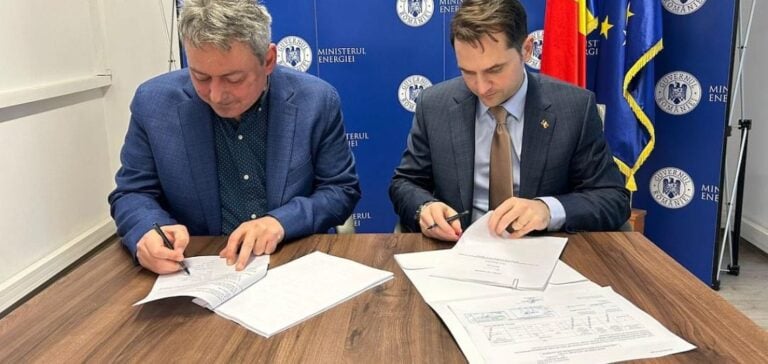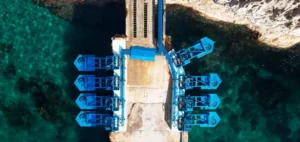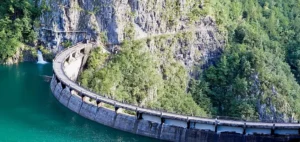Romanian group CE Oltenia, formerly active in coal and electricity production, is advancing its energy transition by modernizing a 9.9 MW hydropower plant through its subsidiary Electrocentrale Turceni. The Romanian Ministry of Energy announced the initiative on December 9.
This project, under the Modernization Fund, involves a total investment of RON 46.9 million (approximately EUR 9.4 million), including VAT. Of this amount, 65% comes from a grant awarded by the fund, amounting to RON 25.4 million (approximately EUR 5.1 million). This initiative reflects CE Oltenia’s commitment to diversifying into renewable energy, aligning with European decarbonization requirements.
Energy transition and diversification
Historically focused on coal, CE Oltenia has begun transforming its energy portfolio. This modernization is part of a broader strategy to reduce its carbon footprint while strengthening its renewable energy production capabilities. The rehabilitation of the hydropower plant marks a significant milestone in this direction.
In parallel, the group has also invested in modernizing its traditional infrastructure. In October, Unit 5 of the Rovinari coal-fired power plant, with a capacity of 330 MW, was refurbished and reconnected to the national grid under a EUR 100 million project.
A model for European funding
The rehabilitation project is heavily supported by funding from the Modernization Fund, a European initiative dedicated to supporting the energy transition of member states. This type of grant enables companies like CE Oltenia to reduce their dependence on fossil fuels while enhancing the competitiveness of their renewable energy activities.
This approach could serve as a model for other Eastern European countries, where the need for energy transition is critical. The goal is to meet climate expectations while fostering local economic development.
A future-focused power plant
The hydropower plant modernized by Electrocentrale Turceni is expected to not only increase its production capacity but also improve efficiency and reduce its environmental impact. By upgrading its infrastructure, CE Oltenia underscores the importance of repurposing existing facilities to meet current energy challenges.
This transformation, driven by European funding, sends a strong signal of the Romanian energy sector’s commitment to sustainable production.






















